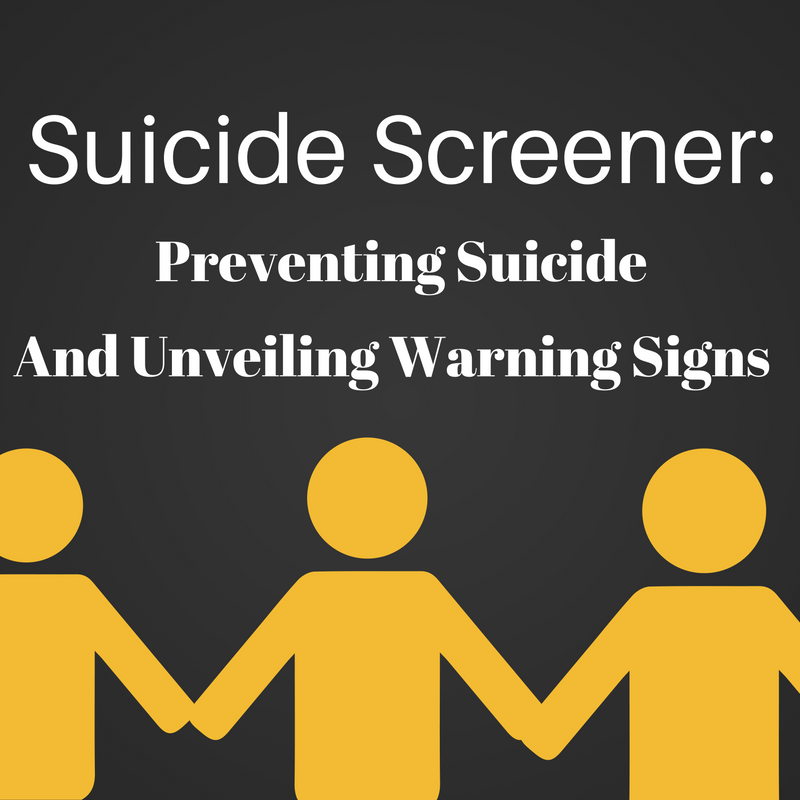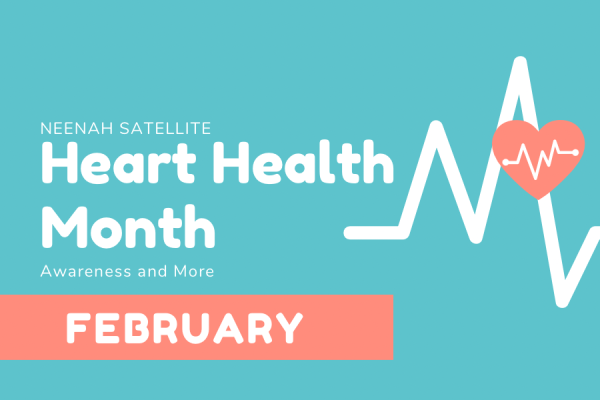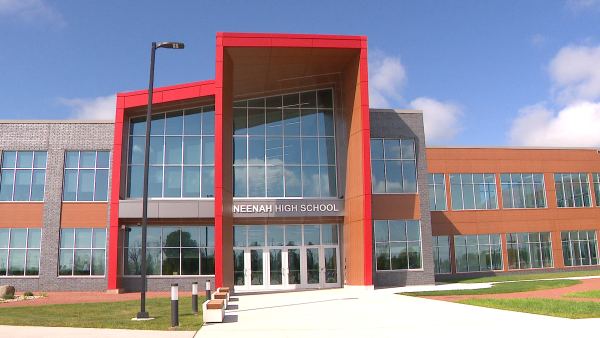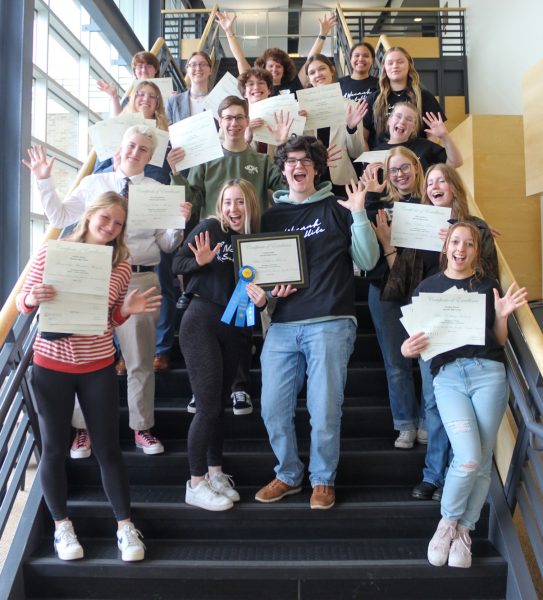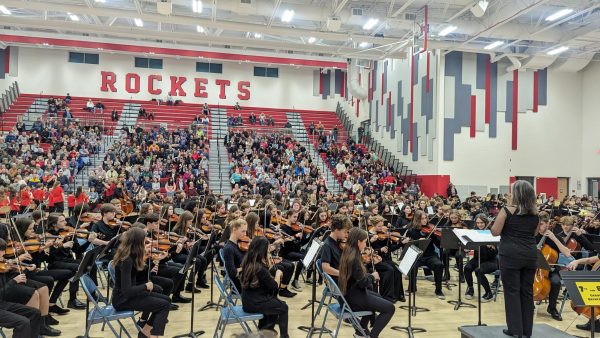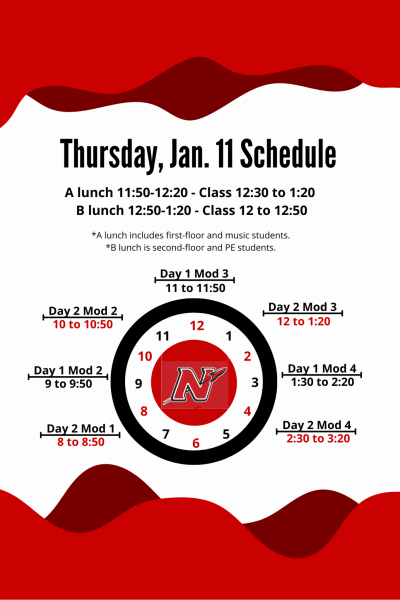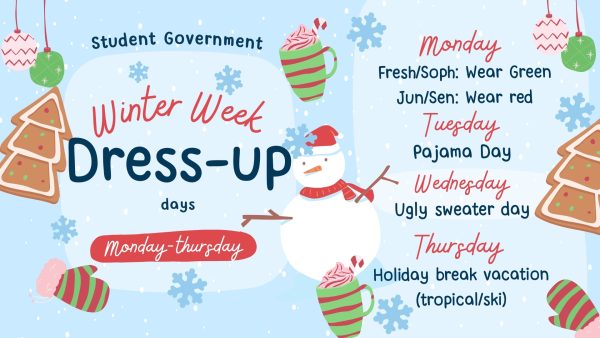Principal Explains Freshmen Suicide Screenings
Photo by: Charley Hrobsky
The schedule for the past two weeks featured an atypical format. On the Mondays and Wednesdays of both weeks, mods one and five were switched around to accommodate for freshmen suicide screenings.
This left some people with switched lunches and different releases that required them to be at school an hour earlier than usual. Needless to say, it created confusion and left many students questioning why the tests and schedule changes were necessary.
This is not something that just Neenah High School is doing; in fact, it is a nationwide screening. Numerous schools do this same test with all of their students, every year. So why was it only freshmen, and why was this the first year?
The school had actually had this idea to do the screener for a while. “What was decided on by our counseling committee, our mental health committee, and then our mental health coordinator, was, ‘What can we do to have a better idea of how many kids are suffering from a variety of things, and what can we do to be more proactive in helping them work through their issues, rather than reactive,” Principal Wunderlich said. “So, that led us to, ‘Why aren’t we doing a screener, what is a good screener to do?’” The screener had actually been tested last year, with all students who were taking health during the second semester. This, however, was the first year that the test was given to an entire class.
So, why was it the freshmen? Some upperclassmen, like 11th-grader Dallas Cavegn, felt as if it would be more appropriate for the older grades to take the test. “We’re just as uneducated about that stuff as [the freshmen],” she said. “I feel as a junior or upperclassman that we have more to stress and worry about. . . like college, ACT, grades, extracurriculars, volunteer hours.” Compared with all of these responsibilities, it would make sense that the freshmen would be the least prone to depression or self-harm; what do they have to even be upset about?
Wunderlich clarified why 9th-graders went through this screening: “It’s a big jump here, Shattuck is Shattuck and there’s a lot of preparation there.” Wunderlich explained that coming to the high school environment places freshmen as youngest of a variety of peers with their transition here. “It’s a group that we wanted to be able to identify as soon as possible.”
Overall it is not the school’s ultimate goal to only help the freshmen. “In a perfect world–and I hope we get there pretty quick–we’ll be doing this with all of our kids, every year,” he explained.
Some students are also wondering why it was necessary for the schedules to change on the days that the screener was given to the freshmen students. Once again, there was a reason behind the extra trouble. “So we figured if we did it first mod, that gives us enough time to one get through all of the results, and then two be able to follow up with kids that same day,” Mr. Wunderlich explained.
“. . . [The schedule change] wasn’t ideal but it logistically was the best way we could help.”
And the plan worked, as well; students were contacted on the same day that they took the screener, according to Wunderlich.
But how much can the screener really help? There were only seven questions, after all, and some students were questioning how accurate that could be. Depression is a serious and complicated topic, one that is hard to determine by only seven questions. How much of a change could be caused in the school because of such a brief screener?
Again Wunderlich seemed to have a different outlook. “If this helps one kid get help, who maybe wouldn’t have without the screener, then to me it’s worth it.” And according to him, the screener has helped plenty more than one student. Many kids have reached out, in fact.
“Mental health’s a legitimate concern, obviously kids who are harming themselves or thinking of harming themselves… that’s a major concern for me, so anything we can do to help be proactive and help them, identify adults who are here to help them, and get them helped if that’s what they’re looking for. If we can do that beforehand, rather than after something happens, I think that’s a really good thing.”


